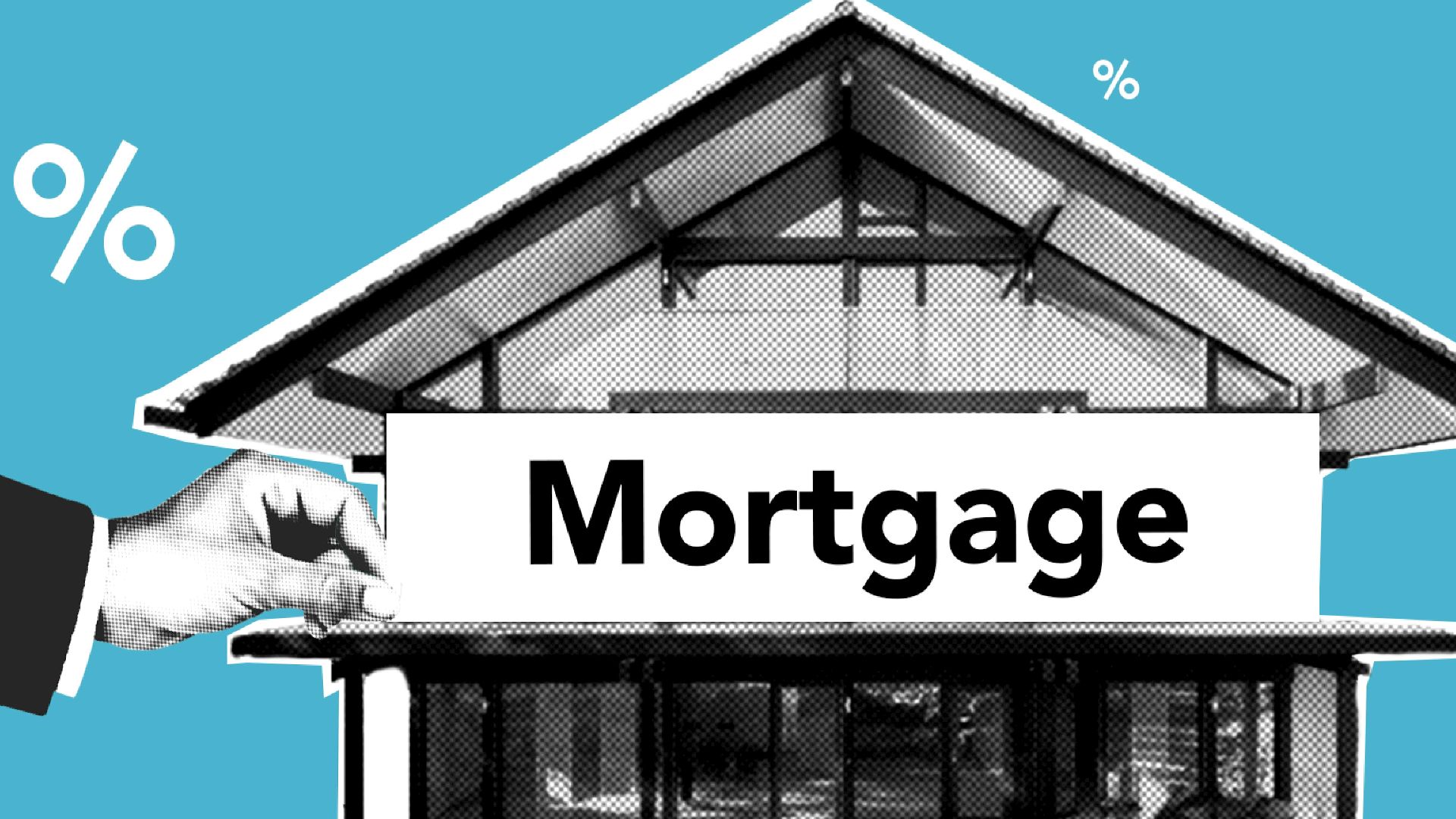Your Roth IRA Income Not Quite Cutting It? These Are The Perfect Streams Of Income For You
We all worry about whether or not we're putting away enough for retirement, but sometimes we learn the hard way that we've not saved up enough and need to come out of retirement (at least temporarily) to boost our income a little. Here are the perfect passive and active streams of income for retirees.

The Different Primary Income Streams In Retirement
Most retirees (or semi-retirees) have a primary income stream in the form of retirement savings accounts. These are typically sorted into three main account types: the traditional IRA, the Roth IRA, and the 401(k). There are other retirement accounts, but the above are the most common. Let's explore how these accounts provide retirees with a stream of income.
The Traditional IRA
The traditional IRA is a tax-deferred retirement account that allows you to contribute pre-tax dollars which are then taxed upon withdrawal. There is an annual contribution limit to these accounts, which only activate once you turn 50. In 2025, the maximum contribution amount for the traditional IRA was $8,000.
The Roth IRA
Unlike the traditional IRA, withdrawals from it are tax-free upon withdrawal. Contributions and growth within the Roth IRA are also tax-free. We'll cover how to maximize the possibilities within your Roth IRA later.
The 401(k)
Your 401(k) is a different type of retirement account that's typically sponsored by your employer. These accounts are often opened after a specific period with a company, who then provide "employee-matching" contributions. Taxes on 401(k) withdrawals aren't taxed as income, but you will pay Medicare and Social Security taxes.
Pensions
Another option for retirees is, of course, their federal and company pensions. Although the average American pension is only $10,000 per year, it's a key piece of post-retirement income, although it's obviously supplemented by other income sources.
How Do You Know If You Need That Second Income Stream?
While we all plan to retire comfortably without needing to work, sometimes life throws you a curveball that you weren't expecting. Medical expenses, unexpected housing costs, and much more can deplete even a fully-funded emergency fund in the blink of an eye. Here are some key signs that you may need a second stream of income.
Your Monthly Expenses Are Higher Than You Expected
When you initially met with your financial advisor, it's likely that your retirement budget didn't account for the cost of inflation. Or, the propensity of corporations to suddenly raise their prices on you out of nowhere. However it happened, if you're finding that your monthly expenses are higher than you expected, you may need to come up with some extra cash to cover the shortfall.
You're Worrying About Money
Nobody wants to worry about money at any age, but especially not when they're retired. If you find that finances are occupying your brain, then it's time to take action to address those worries. Even making a few extra dollars every month could go a long way to alleviating the stress caused by financial insecurity.
 Photo By: Kaboompics.com, Pexels
Photo By: Kaboompics.com, Pexels
You Had An Unexpectedly Large Bill
Medical expenses are among the most common unexpectedly large expenses that Americans face. If you're one of the millions that don't have health insurance, even a simple medical procedure can set you back thousands. Some people's Medicare or Medicaid won't cover certain procedures, so if you've had an unexpected medical bill, you may need to find a secondary stream of income to pay it off faster.
You've Amassed Credit Card Debt
While it's almost impossible not to use credit or credit cards in this day and age, you may be noticing your retirement income taking a huge hit because of credit card debt. 42% of Americans between the ages of 65 and 74 carry credit card debt, and 35% of those over the age of 75 carry credit card debt.
You're Living, But Not Thriving
If you notice that your quality of life is okay, but you're not exactly thriving as you'd hoped due to money concerns, you may need to unlock a secondary stream of income in order to fulfill the lifestyle you'd envisioned.
These Secondary Income Streams Will Net You More Money
If you're in any one of these unfortunate financial circumstances, let's examine some secondary income streams that could supplement your primary retirement income.
Fixed Annuities: The Predictable Stream
Fixed annuities are offered by insurance companies, often as part of a life insurance policy. These annuities also offer fixed interest rates that don't fluctuate based on the market. They're one of the most predictable and safest secondary streams of retirement income if you don't want to come out of retirement and go back to work.
Invest In Bonds
Another excellent option for passive income streams is to invest in bonds. These are low-risk debts that companies have put up for sale, which pay out a dividend (a set income) plus interest. There are different types of bonds, but the safest are often government bonds.
Laddering Your Bonds
One of the best ways to guarantee an income stream using bonds (as part of an investment portfolio) is to "ladder" your bond income by buying bonds that mature at different times. By laddering your bonds in this way, you're guaranteed to have an income stream that comes out at different points throughout the year.
Invest In Dividend-Paying Stocks
Certain types of stock will pay you a dividend every quarter, six months, or on an annual basis. These amounts differ based on the interest rate offered by the particular stock, but can be a reliable source of income, depending on how much you invest initially.
Buy Whole Life Insurance
If you haven't been investing in whole life insurance before, that's okay. You don't need to! You can buy whole life insurance now for that monthly cash top-up. These accumulate a cash value on a schedule and can be accessed via a loan or withdrawal.
The Downside Of A Whole Life Benefit
One of the downsides of a whole life benefit is that loans and withdrawals made from the benefit will reduce the amount your family receives upon your death. Bear this in mind if you decide to purchase a benefit and make withdrawals as an income boost.
Reverse Mortgaging Your Home
Typically, for those aged 55 and older, a reverse mortgage allows you to take a loan against your home's equity. Unlike a traditional mortgage, you don't have to make regular payments against this loan until you either sell your home or you pass away, at which point, the leftover balance would be liquidated from the value of your estate.
The Downsides Of A Reverse Mortgage
While reverse mortgaging your home may sound like a great way to alleviate financial stresses, there are a few downsides to consider, namely, that the value of the loan will increase over time due to interest, which will be higher than a traditional mortgage. You're also leaving less money behind for your heirs and successors. There are also additional fees and closing costs associated with reverse mortgages.
Taking Out A Home Equity Line Of Credit
Another option to tap into the value of your home for extra cash is a home equity line of credit, or a HELOC. The idea is that you're borrowing money against the value of your home, as a loan. HELOCs offer lower interest rates than personal loans or credit cards and can be tapped into more than once, provided the loan is repaid.
Disadvantages Of A Home Equity Line Of Credit
Like all credit vehicles, there are a few disadvantages to a HELOC. For instance, if housing prices drop, you could end up owing more on your line of credit than the value of your home. Additionally, the interest rates on most HELOCs are variable, so repayments will increase if interest rates go up. Lastly, your home is used as collateral, so if you default on the HELOC loan, you could be at risk of foreclosure.
Renting Out Part Of Your Home
If you're struggling to make ends meet but have an extra bedroom or a granny flat addition to your home, you could look into renting out a part of your home to other people. There are plenty of senior people looking for places to live, or you could consider putting the space up for rent on Airbnb.
The Importance Of Finding A Compatible Roommate
While you're in your twilight years and it can be easy to think that finding a suitable roommate is a great way to make more cash, it's really important that you conduct roommate interviews and find someone that you're going to enjoy having in your space. Incompatible roommates can make your life a nightmare.
Investing In REITs
Another possible investment vehicle for retirees looking for a way to gain dividend income is to invest in real estate investment trusts, or REITs. REITs are trusts that own large portfolios of income-generating real estate. REITs often pay a dividend to their investors on a monthly basis. The large trusts can own multiple types of buildings and could be a great source of reliable dividend income.
Laddering A Certificate Of Deposit
Certificates of deposit are fixed-term, fixed interest rate investments that are typically offered by the big banks. Otherwise known as CDs, these are mostly viewed as short-term investment options (about five years or less), but they can provide a great option to spread your money out over the course of many years.
How Does Laddering Work?
Laddering CDs essentially locks your money away for different intervals of time, earning a fixed amount of interest for that period before being released. For example, if you divide up $100,000 into a one-, two-, three-, and five-year portfolio, you'll always have an income stream as the years roll over. You'll also continue to accrue interest and receive that extra cash as well. It's important that you divide your CD up evenly, so that you know what you're getting each year.
Going Back To Work
Almost nobody who's retired wants to come out of retirement. Unfortunately, if you find yourself in a position where you have no choice as your income from your investments, retirement accounts, and other sources isn't enough, then going back to work may be the only option you have left.
How To Come Out Of Retirement And Successfully Re-Enter The Workforce
Re-entry into the workforce can be tough on retirees, particularly if they've been retired for a while. Getting back into the swing of things can be tough, but here are a few tips on coming out of retirement and which jobs you could look into that are low-impact and offer enough income to tide you over.
Pick A Job You Love
Part of the beauty of being retired is that you don't need to work a job that you hate, and you shouldn't! When looking for a job, try to pick something that you're going to enjoy rather than feel enslaved to. Pick a job you love and you won't have to feel bad about going into work.
Play To Your Strengths
Throughout your years of working, you'll probably have uncovered what your strengths are. Find a job that plays to those strengths, this way, your work will come more naturally to you. If you're good with people, find a casual customer service position. If not, find something that's an individualistic position, like a remote customer service job.
Utilize The Internet
The Internet is a weird and wonderful place all at once. Maybe you're not too up on the latest Internet usage and trends, but it can be a great tool to find work, or to do work! Utilizing the Internet may land you a job that you didn't otherwise know existed.
The Top Jobs For Retirees
While you may not be able to keep up with the young and spry construction workers like you used to, this doesn't mean you can't do other jobs! As a retiree in need of some extra cash, you could be the perfect candidate for many employers. Let's explore some of the top jobs for retirees.
Freelance Writing
If you were once a teacher or have a background in writing or editorial work, journalism or a related field, you could be a great candidate for freelance writing opportunities. These can be done exclusively remotely via the Internet and could provide an extra few hundred dollars a month of income. They also offer excellent flexibility, as you're essentially working for yourself.
Online Tutoring Or Teaching
If you had a background as an educator, you may yet find yourself back in that field as an online tutor or teacher, connecting with students remotely for individual lessons, or teaching a large group. Those who once taught English can find excellent positions teaching English as a second language to students abroad.
Virtual Bookkeeping
If you're a retired bookkeeper or accountant, you may find a position as a virtual bookkeeper. Using software like QuickBooks now makes virtual bookkeeping the preferred method for many companies. If you've got a financial background, then getting a part-time position as a virtual bookkeeper might be a great option.
Selling Homemade Goods Or Artwork
If you've always been a bit of an artist, or are baking homemade goods in your retirement, you could begin to sell these baked goods or artwork at local craft shows. While income may fluctuate initially, if you get a large volume of interest in your work, you could make a few hundred dollars extra per month.
Consulting Or Coaching
If you were an industry professional for many years, you could offer virtual (or in-person) coaching or consulting, charging an hourly fee for your knowledge and expertise. This could be a great way to earn some casual extra cash on your own schedule.
What Is Your Plan For Your Retirement Stream Of Income?
Are you all set to retire soon? What do you have planned for a retirement stream of income? Let us know your retirement income streams in the comments below!
You May Also Like:
Simple Money-Saving Tricks On Grocery Bills
Rare Historical Photos Of Extreme Wealth And Poverty In The 1930s













































